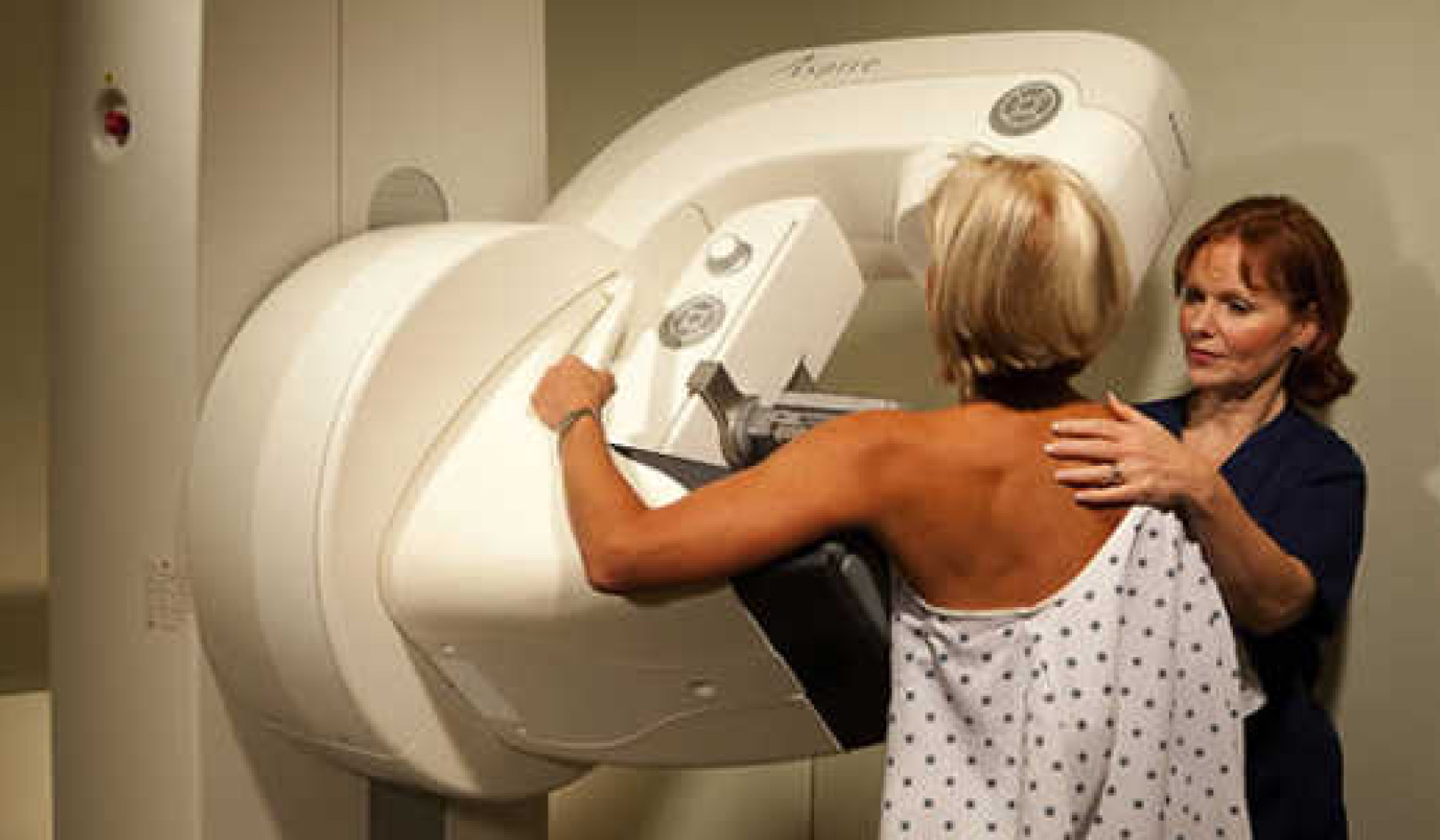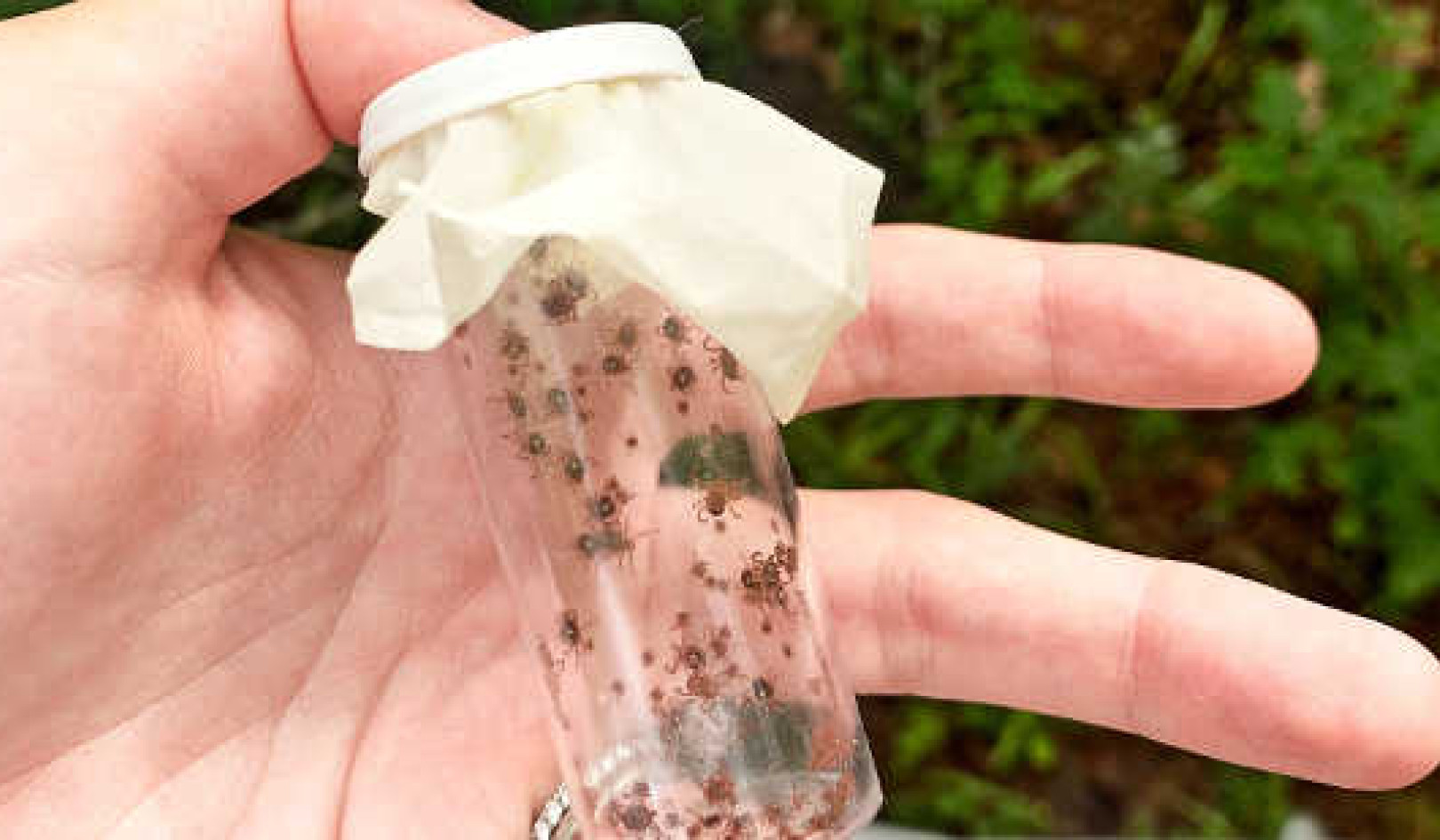During the glacier age, mineral rich soil was deposited over the Earth. However, erosion and chemical farming methods have contributed to depletion of trace minerals from our topsoil, and from the plants grown in this soil. When trace minerals are deficient in our food and water, the body's defense systems cannot function properly. Likewise, animals lacking proper amounts of copper, iron, selenium, etc. have been found to be much more likely to develop disease.
Most people and animals are usually prescribed drugs — specifically antibiotics and vitamins — at times when they are ill. However, antibiotics kill germs and rarely discriminate between good and bad germs. When the 'good' germs are constantly assaulted by antibiotics, the 'bad' germs can become supergerms which may become impervious to drugs. Keeping the immune system healthy can reduce the need for constant antibiotic treatment.
Vitamins are fortifiers and control the body's appropriation of minerals. However, if there are no vitamins and no trace minerals, the body has no fusion to perform and therefore the vitamins are useless. Additionally, replacing minerals in both your diet and your pet's diet is essential.
Minerals + Diet = Health
An example of this is seen in race horses in upstate New York who were given crystalloid minerals. (Crystalloid means that minerals bypass the digestive system and are absorbed directly into cell walls, strengthening the immune system.) A marked improvement was seen in the animals' behavior. The horses were much more alert, less nervous and jumpy. Their coats improved, and one horse with a two year old bare patch of skin from a prior injury began to grow back its hair. Muscle soreness and stiffness disappeared, and the horse's racing ability improved.
Proteins may also not be assimilated well, if trace minerals are deficient. This is important if your pet's diet doesn't include raw green foods in addition to the meat found in most pet food. You may be enjoying dinner and feeding your dog a premium food, but both of you may still be starving nutritionally because the food is unable to be processed. Properly balanced minerals with electrolytes (the electrical charge for your body's battery) would be a wise investment to keep the immune system working correctly. Supplementing diets with individual minerals may help somewhat. However, you may not be administering the required dose needed, or you may be upsetting the body's mineral balance. One should add to their diet a mineral supplement that contains all the needed minerals in the proper amounts.
Enzymes Are Important
Enzymes are catalysts for many biological functions. Without them life would not exist — for they are the driving force behind all life processes. Enzymes are responsible for keeping your internal systems working, and a lack of sufficient quantities of enzymes may promote degenerative disease. Only raw or uncooked foods contain enzymes and since almost all pet food is processed with heat, or cooked, the enzymes are destroyed. Every animal is born with an integral supply of enzymes. Unfortunately, as generations go by and less enzymes are taken into the body, those stores are used up.
Dr. Edward Howell, as early as 1920, discovered this association between enzyme intake and health. He theorized that, normally, enzymes are present in foods used for the digestion of that food. If they are not present, then the body's store of enzymes must be diverted for digestion, leaving fewer enzymes to fight disease and perform essential bodily functions.
Research indicates that most animals, including canines and birds, have distinct organs that allow the food enzymes time to act before initiating the body's own digestive process. This pre-digestion is important to the body's absorption of nutrients. If it is not present, the food may pass through the system without benefit of vitamins and proteins. Your pets may live as long, but their quality of life suffers.
A study of Dr. Francis Pottenger's cats (over 600 of them) revealed that when the animals were fed only cooked or processed food over many generations, degenerative disease presented itself at younger and younger ages. These animals suffered from kidney, heart, thyroid and gum diseases, as well as allergies, infections and a host of other maladies. They had fewer enzymes to give their offspring, resulting in minimal reserves of enzymes in the ensuing generations. We have seen this evidenced in the early onset of arthritic conditions.
Supplementing Is Wise
Enzymes are normally lost through sickness, pregnancy, stress, extreme weather conditions, urine and feces. Unless you replace these, your pet's immune system will be compromised. Please note that this is the same for humans — as exhibited by our younger generations developing earlier cases of heart disease, arthritis and susceptibility to allergies. If your pets depend on canned or dried food, it is necessary to consider supplementing their diet with nutritional enzymes. If your diet lacks lots of raw foods, they you may want to take supplements too.
Enzymes are available in capsule, pill or powder form at health food stores. Powders can readily be mixed into pet food. An alternative is to grow wheat or barley grasses in small containers either in soil or hydroponically. Your pet can then munch to their hearts content or you can chop up the greens and stir it into their food. Regardless of which method you choose, the addition of live enzymes to your pet's diet will fortify their immune system and help prevent degenerative disease.
Article Source:
 Are You Poisoning Your Pets?
Are You Poisoning Your Pets?
by Nina Anderson & Howard Peiper.
The book is out of print and has been incorporated into a new book, Super Nutrition for Dogs n' Cats.
Info/Order the new book (Super Nutrition)
About The Authors
 Nina Anderson and Howard Peiper are authors of: "Are You Poisoning Your Pets?", ©1994, published by Safe Goods Publishing. They can be reached at: Safe Goods 561 Shunpike Rd. Sheffield MA 01257 413-229-7935.
Nina Anderson and Howard Peiper are authors of: "Are You Poisoning Your Pets?", ©1994, published by Safe Goods Publishing. They can be reached at: Safe Goods 561 Shunpike Rd. Sheffield MA 01257 413-229-7935.























